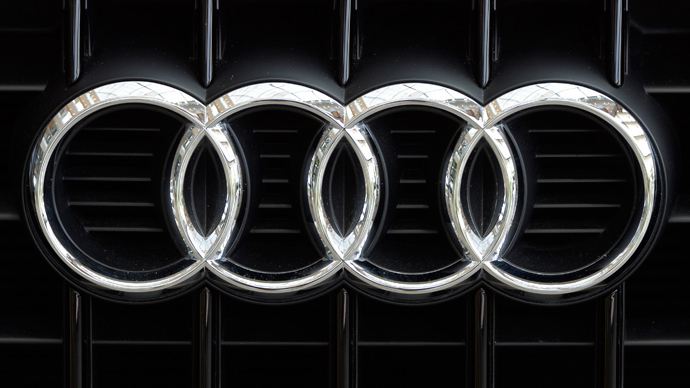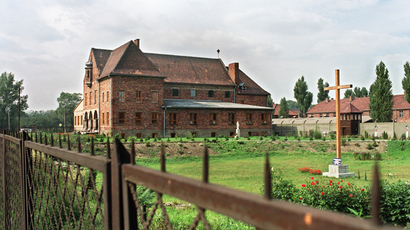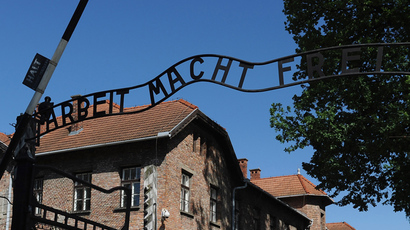Audi’s predecessor used forced labor of Nazi concentration camp inmates – study

The German car manufacturer Audi’s predecessor company used slave labor forcing more than 3,700 concentration camp inmates to work under inhumane conditions during the Nazi rule, according to a new study commissioned by Audi as cited by the German press.
The study based on Audi’s archives and compiled by historians Martin Kukowski and Rudolf Boch, reveals that the Auto Union’s management, the company that evolved into Audi, had very close ties with Nazi leaders. The research was published on Monday under the name "Wartime Economy and Labor Deployment by Auto Union AG Chemnitz during World War II."
The historians discovered that the Nazi SS defence corps built seven labor camps for the sole benefit of the carmaker, dpa news agency reported adding that more than 3,700 concentration camp inmates were forced to work for the Auto union.
The study stressed that the car manufacturer’s management bears "moral responsibility" for the conditions at the plant near the Flossenbürg concentration camp in the southern state of Bavaria. It noted that 18,000 prisoners were used for slave labor in the camp and 4,500 died, according to dpa.

In addition, more than 16,500 forced laborers who were not interned in concentration camps also worked for Auto Union in the Saxon cities of Zwickau and Chemnitz. The study indicates that about a quarter of the prisoners were Jews.
The Auto Union - a car maker created in 1932 after the merger of the German car brands Audi, DKW, Horch and Wanderer - was headed by Dr. Richard Bruhn, who is a particular focus of the study.
The "Father of the Auto Union" Bruhn was a member of the Nazi party and given the status of a “Wehrwirtschaftsfuehrer". This quasi-military status demonstrated the company’s important role in the production of war materials.
Bruhn was the Auto Unions’ chief from 1932 to 1945. At the end of WWII he was interned by the British. After release he again became head of Auto Union again following its reformation in West Germany. In 1953 Bruhn was awarded West Germany's Grand Cross of Merit for his revival of the group with funding from the US Marshall Plan. He died in 1964.
After the merger with another German manufacturer NSU, the Auto Union was renamed Audi in 1985.
Audi expressed deep concern over the study's findings.
"I'm very shocked by the scale of the involvement of the former Auto Union leadership in the system of forced and slave labour," Audi works council head Peter Mosch told Wirtschaftswoche. "I was not aware of the extent [of this involvement]," he added.
The company is reportedly considering changing the online profile of Bruhn removing his name from company initiatives such as pension plans.
The company is the last among the German carmakers including Volkswagen, Daimler and BMW, which commissioned research into its work during the Nazi era in the country. The Volkswagen Group allowed an investigation of forced labor in 1996 and made financial contributions to a foundation helping those who were forced labor during Nazi rule.
Audi is one of the largest German car makers, a member of the "German Big 3" luxury automakers, along with BMW and Mercedes-Benzs. It has been mostly owned by subsidiary of Volkswagen Group since 1966.














